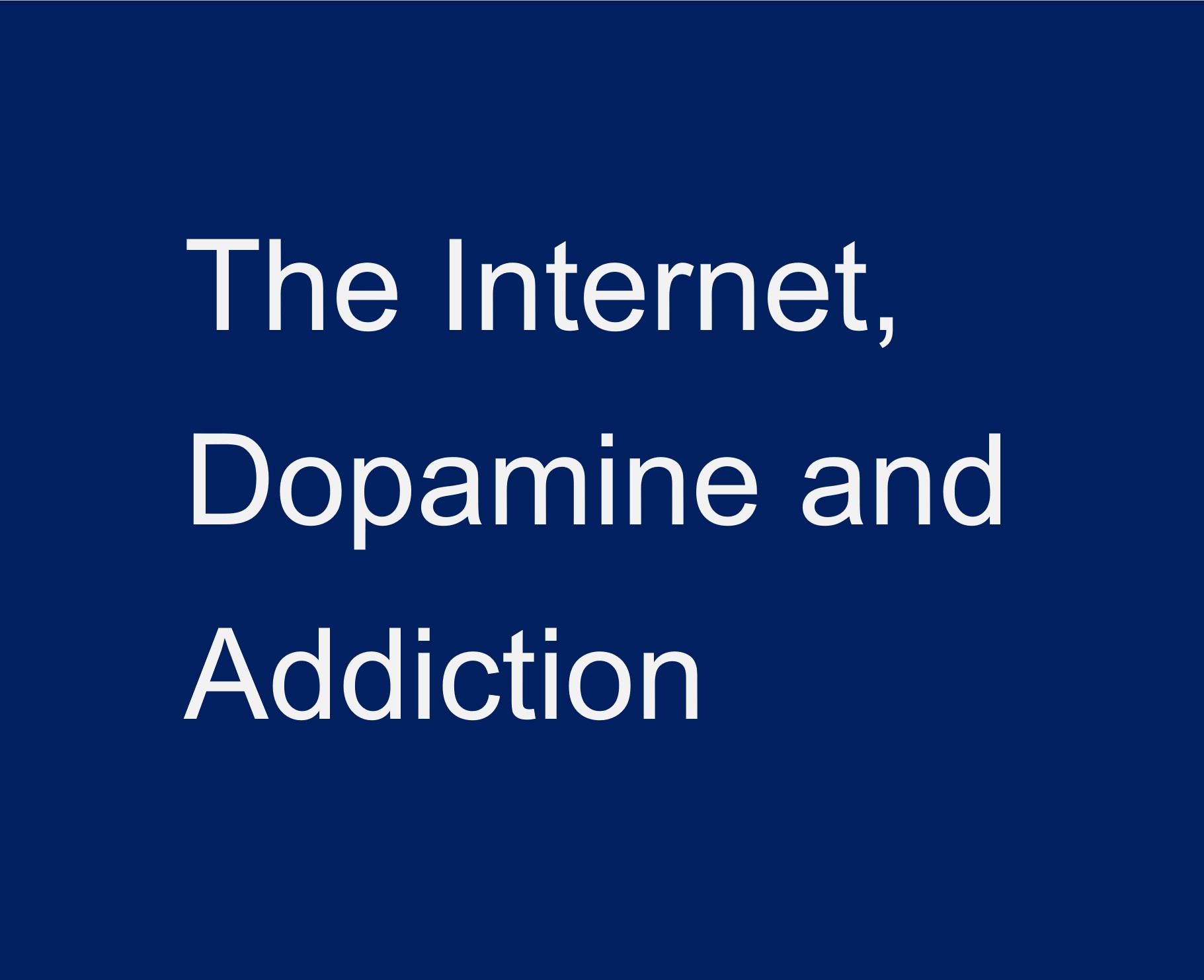
I recently wrote about how the advent of internet pornography had made raising children much more difficult for parents. ON PORN AND PARENTING | Pastoral Counseling Syracuse NY (revmichaelheath.com)
Today, I want to discuss how frequent internet activity triggers dopamine release in the brain and may lead to addiction. Specifically, I will explain how excessive use of smart-phone can hook its unsuspecting users .
Although addiction is an age-old problem, smart-phone technology presents a new risk. Research has confirmed the problem that parents and unhappy spouses have struggled with for years: How to get members of their family to put their phones down?
To better grasp the risk that smart phones pose for addiction we need to understand 1) Some basic neuro-chemistry. Particularly how dopamine creates addictive behaviors. 2) How folks can become addicted to their smart phones. 3) How to tell if someone is addicted to their phone. and 4) Successful treatment strategies for smart-phone addiction.
Dopamine and Addiction
Dopamine is a neurochemical which, when released, gives us the experience of reward and pleasure. We get a shot of dopamine when we have positive experiences.
Addiction is a bio/psychological condition of dependence on a substance or activity. It is important to understand that addictive behavior suppresses the normal production and release of dopamine. Therefore, a person becomes dependent on the addictive stimulus simply to maintain baseline dopamine levels and feel okay.
All dopamine rewards are not bad or indicative of addiction. For example, when a basketball player makes a shot or a student gets an A on a test, the person receives a shot of dopamine and there is the feeling of pleasure and well-being. No problem here.
What differentiates addictions from an ordinary sense of pleasure is the dependence we have on them just to feel normal . When deprived of the addictive substance or activity, the result is a dopamine deficit and the person experiences withdrawal symptoms. Thus the addiction functions not so much as a source of pleasure but as a necessary means avoid the unpleasantness of withdrawal symptoms.
(For those who want more to know more of the neuro-chemistry, Dr. Anna Lembke’s Dopamine Nation provides an excellent resource on the subject.) ‘Dopamine Nation’ Author Anna Lembke Explores Link Between Pleasure And Pain : Shots – Health News : NPR
Smart phones and Addiction
We commonly associate alcohol, drugs or cigarettes with addiction but there are many other sources which trigger the release of dopamine and can be addictive. It is important to realize that natural dopamine levels fall below normal when a person receives a lot of external stimulation from external sources other than physical substances.
We have come to recognize that activities like gambling, shopping and pornography, to name but a few, can be also addictive. Seemingly innocuous activities like checking on Facebook or texting can also be highly habit-forming.
It is important to understand that attachment to electronic devices is complicated and has a neurochemical basis. It’s not simply a matter of will. The hit experienced from getting a positive reaction on Facebook is similar to that felt from ingesting addictive substances like caffeine.
Over time, if not regulated, chasing “likes” on social media can be as habit-forming as heroin or tobacco. While withdrawal symptoms may not be as medically threatening as with alcohol or heroin, being denied access to a smart phone for one who is addicted to it can cause serious psychological symptoms such as depression, anxiety and irritability.
How to know if I’m addicted to my smart-phone ?
- Do you find yourself ignoring the friends or family you’re with together to check social media?
- Does it seem like you never have enough time to complete your tasks and responsibilities, even though you spend hours on your phone each day?
- Have your hobbies taken a back seat to your phone use?
- Does being separated from your phone even briefly make you feel anxious or panicky?
- Have you ever wondered if the amount of time you spend on your phone might be a problem ?
- Do folks complain about how much you are on your phone ?
If you said “Yes!” to at least one of those, it may be time to reassess your smartphone and internet usage. How Does My Smartphone Addiction Affect My Mental Health? | Black Rock
Recovery Strategies
It needs to be understood from the outset that recovering from a smart-phone addiction is more complicated than treating other addictions. Typically, strategies for dealing with substance abuse employ being abstinent from the substance or activity. Typically, 28 days of abstinence from the addictive substance or activity allows the body to reset itself to normal dopamine levels.
Given the importance of smart-phones, however, it is simply not feasible for most of us to abstain or live in modern society without using the devices. (It should be noted that while in-patient addiction programs could provide a structured abstinence, finding a treatment center which treats cell phone addiction and insurance plans which pays for it is very difficult.)
Treatment without abstinence involves: 1) Finding other activities to replace the cell-phone use such as stress management and yoga. 2) Identifying the underlying emotional issue such as past trauma, anxiety or depression. 3) Psychotherapy and, sometime, medication.
If you feel that a smart -phone is causing problems for you, a family member or a friend, there are many resources which can help. Although a challenge, with professional assistance, learning to curb excessive phone usage and dependence is possible. Indeed, a life free of addiction can be more fulfilling and enjoyable.
Rev. Michael Heath, LMHC, Fellow AAPC 11 17 2022


